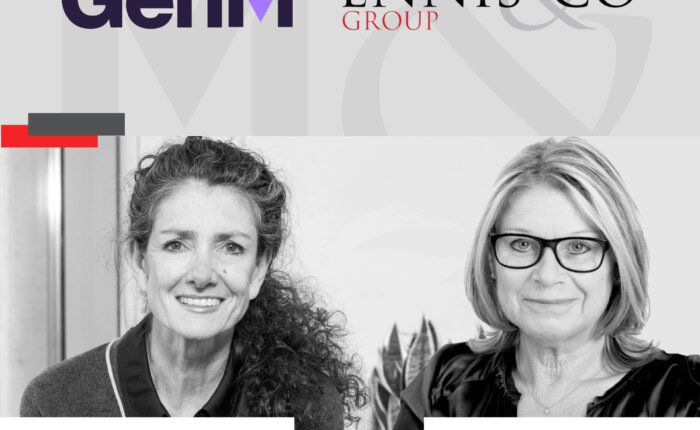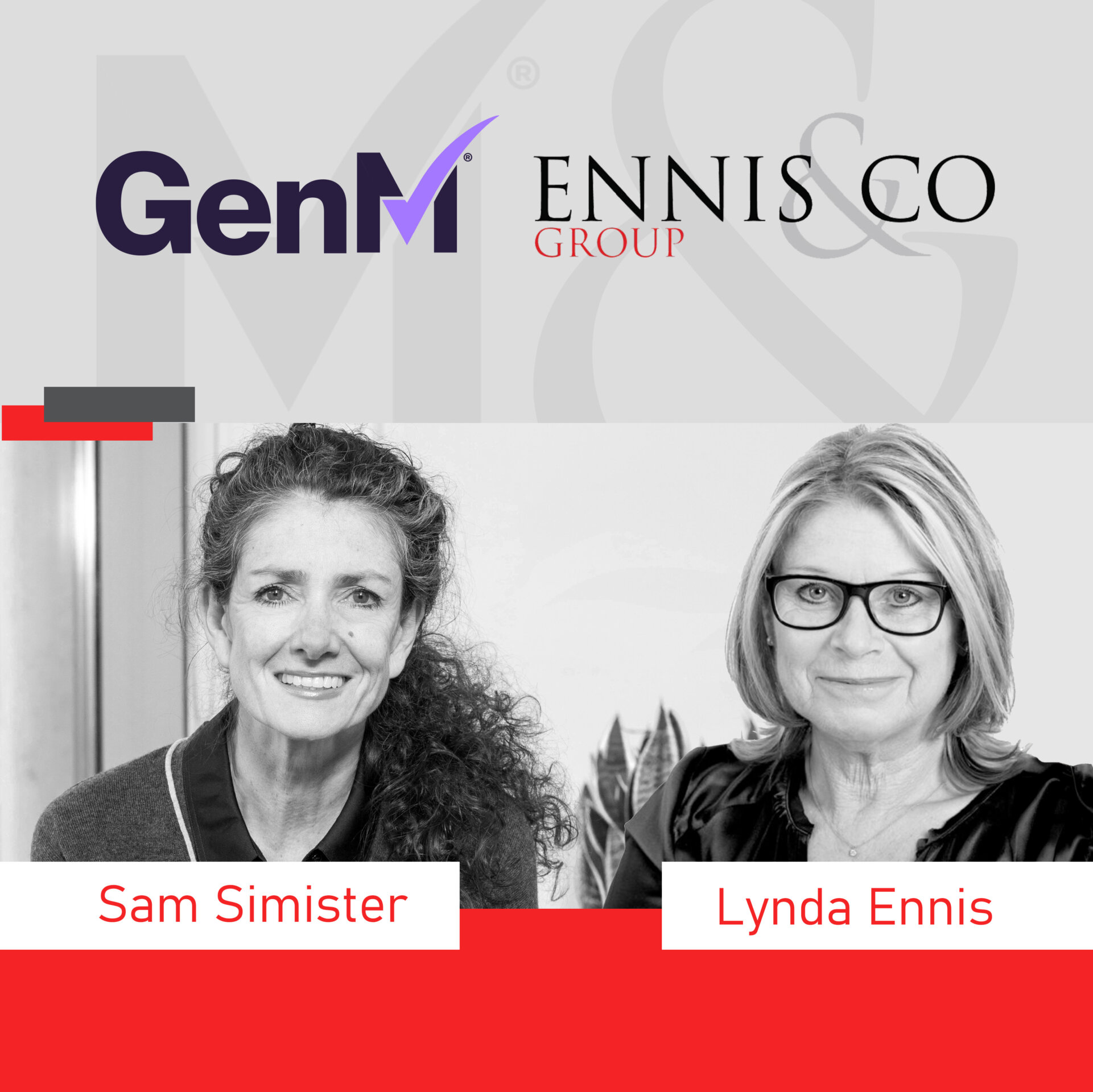In a tight skills market where competition for talent is high, smart businesses are looking further and wider to access the people they need to fill the gaps in their workforce.
There’s merit in searching other industries for key transferable skills, however, you will likely find similar issues there – organisations are fighting for the same small pool of people with the latest technical ability and knowledge.
While companies fight over potential new hires, there’s another source of talent you may not have considered. Something we’re calling the untapped workforce.
We’ve identified three key groups of job seekers who could provide a source of talent to fill your skills gap.
For this, the third in our series, we’re discussing a group we’re calling the Reinvigorators, comprising people who are neurodivergent.
The term Neurodivergence first emerged in the late 1990s when used by Australian sociologist Judy Singer. It covers a range of differences in the way the brain processes information. We will be focussing on three of these differences in this article: Autism Spectrum Disorder (ASD) Attention Deficit Hyperactivity Disorder (ADHD) and Dyslexia.
All three of these differences have in the past been labelled as conditions, or disabilities, and research by Birkbeck, University of London’s Centre for Neurodiversity Research at Work found that 65 per cent of neurodivergent employees fear discrimination from management.
A study into Neurodiversity at work was published by Psychologist Dr Nancy Doyle in 2020. Part of this study revealed estimations on the prevalence of Neurodivergence in the global population, concluding that 5% of the global population have ADHD, between 1 and 1.6% have ASD and 10% are Dyslexic.
Neurodivergent Qualities
Highlighting the skills and natural abilities the Reinvigorators can bring to the workplace.
Individuals with ASD often present great observation skills, good monitoring and data analysis. Their work will likely be evidence-based and they are usually very down-to-earth colleagues. Often very focussed and dedicated to their work, well organised and logical.
Many people believe that Albert Einstein displayed autistic traits throughout his lifetime, beginning with being non-verbal as a young child, and often became so absorbed in his work that he would forget to eat.
ADHD colleagues are more likely to lead with emotion, be very imaginative and can be very flexible when it comes to changing schedules, approaches to work, etc. They will often be spontaneous and not afraid to try unconventional ways to find solutions to problems off the cuff.
Olympic medal-winning swimmer Michael Phelps was told as a child that he wouldn’t be able to succeed at anything in life. 23 Olympic gold medals later, he attributes his drive for success at least in part to his ADHD.
Dyslexic employees are natural visualisers, adept at seeing how things fit together, literally or conceptually, e.g. product parts, or customer journeys. They tend to be excellent communicators and creatives, good at spotting patterns and making connections.
Henry Ford was dyslexic, and a brilliant engineer. He is known to have repeated actions over and over until they became second nature to him. This method of learning helped him to excel.
How to adapt
There are challenges, and some adjustments may be required for effective working, but in most cases for neurodivergence, they are fairly easy to accommodate.
The essential foundation is a company culture where every voice is welcomed and heard. To facilitate this, leadership programmes should include a piece on supporting neurodivergence in the workplace, and other colleagues should be given tools to understand neurodiversity, such as a resource bank of materials and online sources for all employees, enabling them to self-educate, or for those companies with learning platforms, integrating an awareness course.
Recruitment processes
In order to ensure that neurodivergent individuals are given access to suitable roles, often there will be a need to reconsidering of the internal hiring process to include any additional support they may need. Some large corporations have already developed these.
Microsoft have created a Neurodiversity Hiring Program; an extended interview process that focuses on workability, interview preparation, and skill assessment, allowing candidates the opportunity to showcase their unique talents.
Once onboarded, the flexibility for job personalisation may enable colleagues to– specialist roles in the area where the employee is most comfortable, e.g. Data processing, graphic design, report writing etc.
The Work Environment
Reducing sensory distractions not only benefits ASD colleagues but can also benefit the entire workforce. By allowing flexible working patterns, use of private meeting rooms, rearranging shared workspaces and equipment like noise-cancelling headphones, this can aid focus.
Assistive technology like text-to-speech software, mind mapping software, planning and memory software again could benefit everyone.
Colleague support
Additional feedback time with line managers and increased clarity in instructions, policies and explanations of company jargon can help neurodivergent employees to feel more secure.
Peer mentoring, employee assistance programmes, mental health first aiders or access to other forms of support through health benefits will also be valuable tools.
Training
Adjustments to training provision, including sending materials in advance or providing supplemental training where required. Shifting to face to face training, or online videos can reduce the reading requirements for those with dyslexia, and make learning more engaging for colleagues in general.
Customised additional literacy training based on the requirements of the role would be advantageous, as this would give an opportunity to embed organisational style guidelines across the company. Other coaching could be offered in areas such as planning, prioritisation and organisational skills.
In a modern progressive society, we should no longer see neuro differences as a detriment, or something to be pitied. With the advent of media champions for neurodiversity, and the diagnosis disclosures of many celebrities and high-profile figures, the tide is turning, and these once so-called “conditions” are now being celebrated as superpowers. Reinvigorators can bring new ideas and perspectives, ways of approaching tasks and finding solutions. With the right person in the right role, great things can be achieved.






